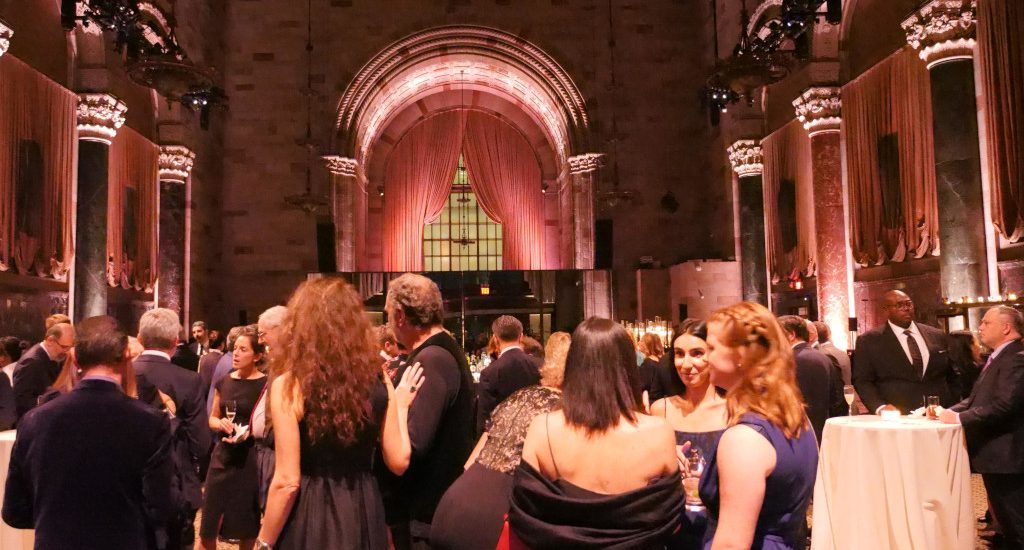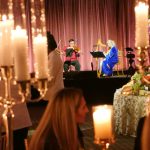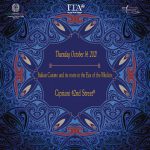On October 14, on the occasion of the closing of the exhibition dedicated to the Medici dynasty (“The Medici:; Portraits and Politics 1512-1570”) at the Metropolitan Museum of New York, the Italian General Consulate in New York, the Italian Trade Agency and the Italian Cultural Institute promoted Italian Cuisine and Its Roots in the Era of the Medicis, a gala dinner dedicated to the Italian Renaissance and its legacy in Italian cuisine and in the roots of the Italian lifestyle.
Held at the prestigious location of Cipriani 42nd Street in Manhattan, in the presence of important and influential people from the world of American and Italian culture, fashion, art and business, the gala dinner celebrated the Italian Renaissance and its impact on the art of the table in a theatrical choreography of utensils, decorations and gestures.
The Italian legacy in Europe begins with the ingredients and cooking techniques. The Italian influence was also fundamental in creating and popularizing recipes with a greater balance between fish, meat, vegetables and fruit.
We wanted to salute New York’s rebirth and the MET exhibit with a great event, declared Consul General Fabrizio Di Michele, an event in which, in the best Italian tradition, food and culture blend together at the highest level, celebrating our county’s art of living.
The event dedicated to the Medicis, states Antonino Laspina, Director of the Italian Trade Agency in New York and Coordinator of the USA network, represents a journey through time, starting from the Renaissance, the era that marked the beginning of the success of Made in Italy cuisine and gastronomy, based primarily on the excellence and variety of and respect for the ingredients. An era that also represented the dawn of the Italian Lifestyle.
As pointed out by the Director of the Italian Cultural Institute of New York, Prof. Fabio Finotti, the gala dinner on the roots of Italian cuisine will be the culminating moment of three days of seminars focused on the Medici era, which will be dedicated to art and restoration, alchemy and poisons, cuisine, the art of the table and “Galateo.”








